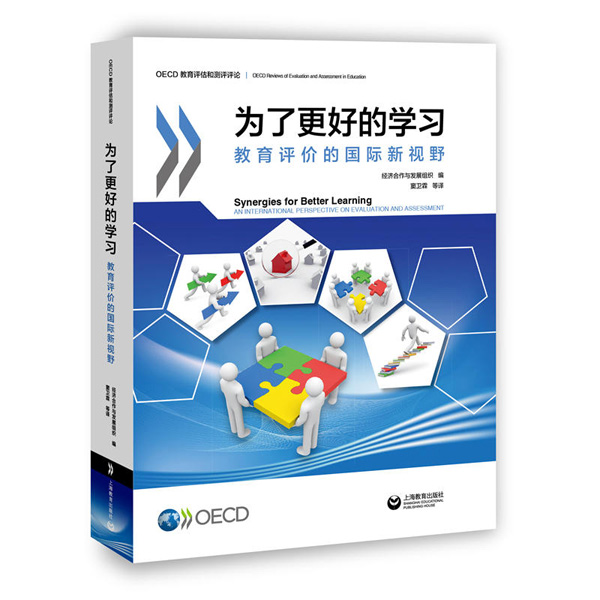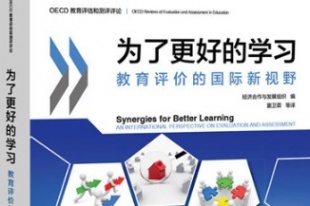Combining efforts for better learning


Andreas Schleicher, director for education and skills at OECD, points out that evaluation and assessment in education is more than just about grades-it should also cover other aspects such as school management and teaching skills.
He notes that while the national college entrance examination in China, the TOEFL and GRE exams in the United States and the IELTS test in the United Kingdom are examples of large-scale educational evaluation and assessment projects, they nonetheless account for only a small part of education assessment.
"Education in the new era should not be oriented by test results, but focus on nurturing students' cognitive ability, social communication and emotional development," says Schleicher. "An advanced society requires schools to cultivate students' competence in problem-solving and cooperating with others.
"Students are at the heart of education and schools should focus more on the process of education than results."
Schleicher hopes that the Chinese edition will help readers understand that evaluation should be holistic, multiperspective and systematic.
"Some regard the process of assessment and evaluation as taking away from the time of teaching or study. But the fact is that the feedback from effective assessment can foster student learning, teaching ability and school management, and as a whole, promote the entire education system," he says.





































